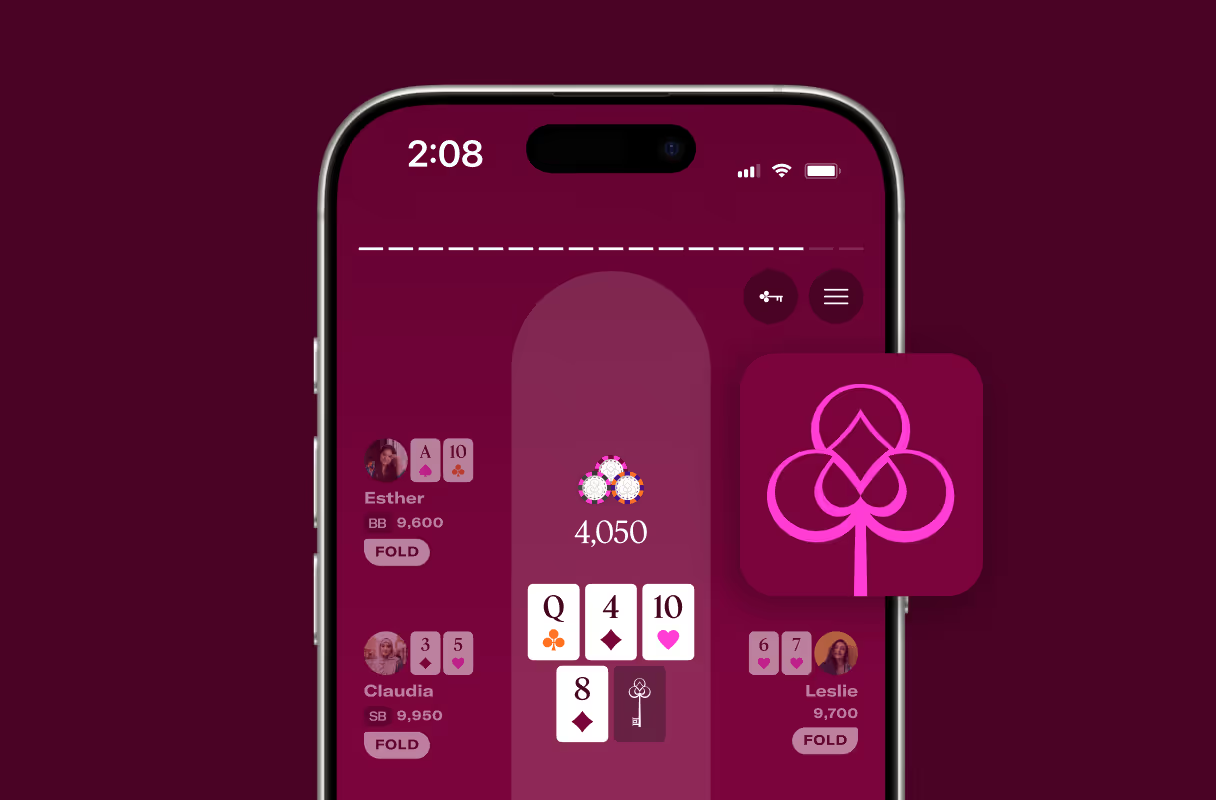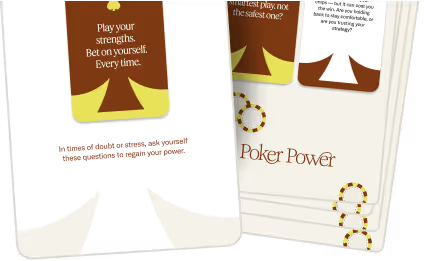Poker is a fantastic game. It blends luck, skill ,and game theory in an easy-to-learn, impossible-to-master irresistible package. But when you want to play a game with friends, poker might not always the best choice.
An experienced poker player might want a greater challenge than their beginner friends can provide, and beginning players might dislike how punishing their disadvantage can feel. If you like the skill-based risk management qualities of poker, here are some other games to explore when you want a change of pace.
Other poker game types
No-Limit Texas Hold’ em, while the most popular, is far from the only form of poker in existence. You can explore all mainstream forms of poker in our previous blog, but the most different (and in my opinion, fun) poker game for a burnt out Hold’ em player is Open Face Chinese Poker.
Coup
Coup is a minimalist, cheap card game for two-six players with a simple set of rules. You’re dealt two identities and you spend the game trying to coup the identities of your opponents. Each identity has a special ability, but the twist is that you can announce that you have different identities to use their abilities.
Your opponents can call your bluff at the risk of losing one of their identities if they're wrong. Each game only takes five to 10 minutes. The learning curve is not steep, but the strategic possibilities are endless.
Liar’s Dice
To play liar’s dice all you need are a few friends, one opaque dice cover (such as a cup or sheet of paper) per friend, and a lot of dice (20 to be safe.) The players roll their starting dice (representing lives) underneath their dice cover. One player starts off by claiming that the whole group rolled at least one “1”, then the rest of the table takes turns one-upping the previous player’s claim or calling “Liar!” on the previous claim.
After “Liar!” is called, everyone shows what they rolled and dice are lost or gained based on the result. Liar’s dice is a social game with better design than the similar card game, BS. This is a fun foray into bluffing, logical thought, and controlled luck.
Backgammon
A game even older than poker, backgammon is essentially chess with a hint of chance. Two players roll dice to advance fifteen pieces on a game board. If a piece can land on the same space that a single opposing piece occupies, a player sends the piece back to the starting position, like Sorry!
The strategy comes from which pieces a player chooses to move. While luck appears to play a substantial role in the short term of each turn, over a 20-minute game an expert will compound their incremental advantage of superior decision-making to generate an 80% to 90% win rate over an amateur player. For enthusiasts of game theory and combinatorics, backgammon gives you lots to sink your teeth into.
At the end of the day, these games are fun ways to apply the skills you learn in poker to a different context, but none of these games compare to the strategic depth, opportunities for personal growth, and broad appeal of poker. To learn more about the power of poker regardless of experience, check out our poker lessons taught by women for women.





